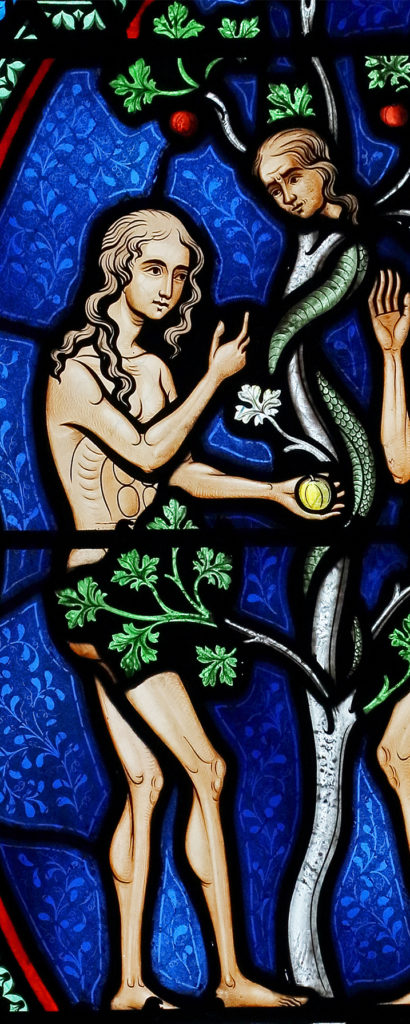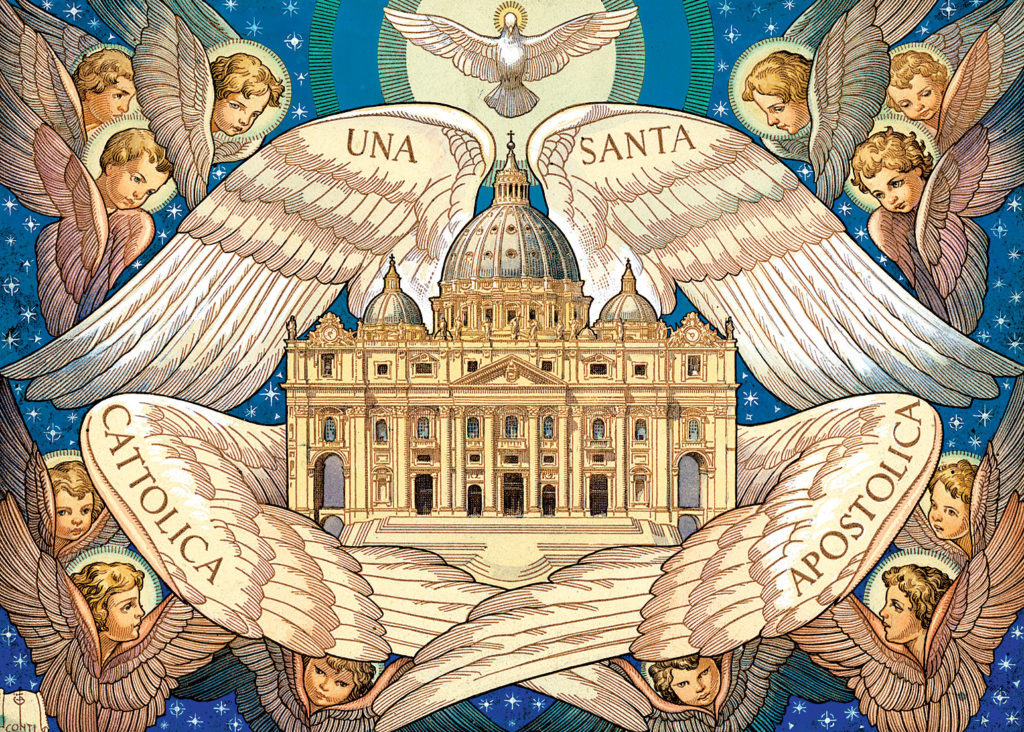Authority and the Open Mind
We need authority to live almost as much as we need air and sunlight.

Authority is required for order and harmony. We move to a new location and ask someone we know if he could recommend a good doctor; in other words, we use that person as an authority. We are selective in what avenues we use to obtain accurate news of current events or the weather. We trust the airline who employs the pilot who flies the plane we are sitting on.
There could be a long list of examples, but the key point is that we seek out authority in most instances of our lives because we are not competent, are not capable, and don’t have the time to do the individual labor involved in finding out everything on our own.
Even if we were, it would not be appropriate in the majority of cases, as there is an expectation for us to accept the authority structures around a given need or circumstance. We see a dentist’s license displayed on the wall of her office, and that should be sufficient; it would be inappropriate to want to see the scores of her board examinations.
Our reason, made for truth, constantly seeks after trustworthy authority in its search for truth. One trusted authority leads us to another.
But in today’s age where “open-mindedness” is praised as a virtue, the underlying impetus for open-mindedness (particularly in the realm of ethics and morality) amounts to a challenge to established authority. Those wishing to subvert and undermine our society, like any revolutionary force, always need to call into question the structures responsible for that authority’s existence and sow seeds of doubt about its integrity and trustworthiness.
 This is as old as Eve, though. The serpent questions her about whether God actually said something and meant it in the way she thought; Satan is quite clever, starting with some truth and then twisting it for his own devices.
This is as old as Eve, though. The serpent questions her about whether God actually said something and meant it in the way she thought; Satan is quite clever, starting with some truth and then twisting it for his own devices.
In tempting Eve, the devil – the first revolutionary – wanted her to transfer where she placed her trust and authority. Some command, some truth, was dependent upon God, and the serpent wanted to compromise that. He succeeded.
After conversing with the devil (one of several mistakes she made), Eve’s correct perception of God’s command was altered; she doubted God’s trustworthiness, acted contrary to His command, and all hell broke loose as a result.
Putting things back together would take a long time and come at a great price.
Evidently, we must select well who we hold in authority; but sometimes we do not get to choose.
We witness with genuine alarm how our civil authority structures are called into question, making us feel a bit exposed, yet these structures still command respect.
It is no different with the Church. Failures within various sectors of the Church can also leave us doubting her authority and the integrity and truth of the Faith. Any legitimate authority carries responsibility with it, and scandal is the result when this responsibility is neglected.
Because of the Church’s mission to proclaim the truth of the Gospel for the salvation of souls until the end of time, the greatest authority and responsibility rest upon her. No wonder why Christ sternly warned about scandal, because it undermines the integrity of an authority that ought to be trusted for the sake of truth and security, causing far-reaching damage (cf. Mt. 18:7-10).
But while the failures of the human element of the Church can be evident and egregious (the behavior of the Apostles at the time of our Lord’s arrest was indicative of what the Church would look forward to through the centuries), our Faith constantly challenges us to look for the divine element through it all and to remember the words of St. Peter: Lord, to whom shall we go? Thou hast the words of everlasting life (Jn. 6:69).

The Church still remains the only revealed and certain pathof salvation; the constitution of the Church does not change because of scandal; governance of souls is still dependent upon the hierarchy in union with the Roman See; and the administering of the Sacraments is still left within the hands of priests, men taken from amongst men, ordained for men in things that appertain to God, complete with all their fallen humanity (cf. Heb. 5:1).
Like a music score with all the correct notes written in it, we have the deposit of Faith formulated in both Creed and catechism, with a long Sacred Tradition to rely on when the musicians go off-key.
Despite the failures of the Apostles, our Lord remained faithful to them. He kept all His promises to a motley crew that seemed to deserve so little from Him. He prayed for them, that they be unified, and He endured the Cross for this prayer to be realized through the centuries, in view of the failures and scandals that would come. The kingdom of heaven suffers violence, and the violent bear it away (Mt. 11:12).
So how pleasing must it be to our Lord when we hold firm to the Faith and remain faithful to the structure He established. The truth at times may be obscured by weakness, failure, and scandal, but it is never destroyed and will always rise again.
That belief alone should keep us from being too open-minded when the devil comes to make us doubt the authority of the Church, prompting us to take to heart the words of Justin Martyr: I open my mind like I open my mouth, ready to close it on something solid.
Wise is the man who knows what to close his mind on, because his eternal survival is dependent on it.


No comments:
Post a Comment